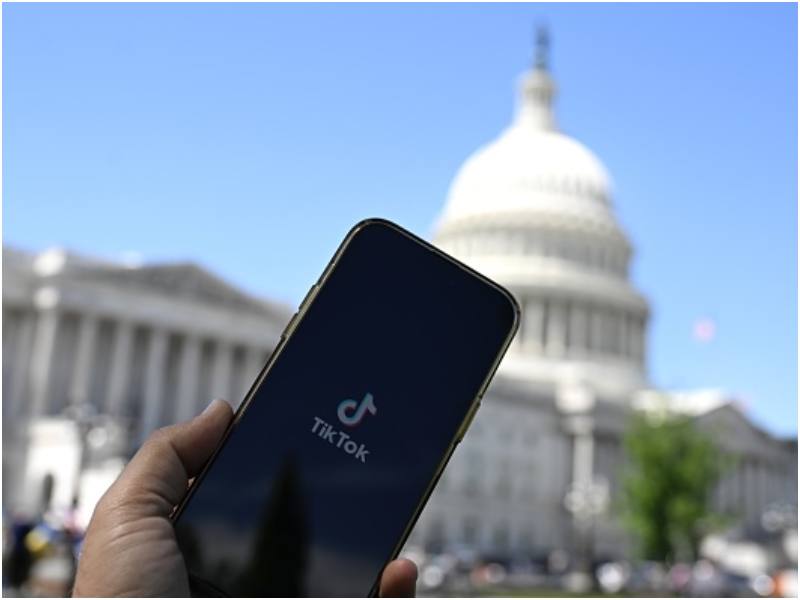The House of Representatives passed legislation on Saturday, April 20 that would ban TikTok in the United States if the popular social media platform’s China-based owner doesn’t sell its stake within a year.
Experts now suggest that the app’s future remains uncertain.
The decision to include TikTok as part of a larger foreign aid package, supported by both Democrats and Republicans, fast-tracked the ban after an earlier version had stalled in the Senate.
The measure, passed by a 360-58 vote, will now move to the Senate, where further negotiations are expected.
The bill, which originally proposed a six-month selling deadline, now allows for a nine-month timeline, with a possible additional three months if a sale is in progress.
However, legal challenges could further extend this timeline, with TikTok indicating it would likely go to court to block the law, citing potential violations of First Amendment rights for its millions of users.
TikTok has been lobbying against the legislation, rallying its users to voice opposition to Congress. Despite this, lawmakers have expressed concerns about the app’s ownership by the Chinese firm ByteDance Ltd., citing national security concerns. The app’s unprecedented ban targets one company and reflects broader concerns about Chinese threats to the U.S.
While the U.S. government has not publicly provided evidence of TikTok sharing U.S. user data with the Chinese government, concerns persist among lawmakers and intelligence officials.
TikTok has denied these assertions, but legal battles over its operations in the U.S. have seen some success for the company in the past.
In response to the legislation, TikTok has launched a multi-million dollar ad campaign opposing the ban, arguing that it would impede free speech and have significant economic repercussions.
Content creators on the platform, who rely on TikTok for income, have expressed anxiety and frustration over the potential impact of the ban on their lives.
Despite the House’s decision, some lawmakers have criticized the bill, suggesting that less restrictive measures could have been pursued.
Concerns remain about the potential consequences of a total ban on TikTok and its implications for free speech rights.
As the legislation heads to the Senate, the future of TikTok in the U.S. remains uncertain, with legal challenges and ongoing debates over national security and free speech rights expected to continue.

